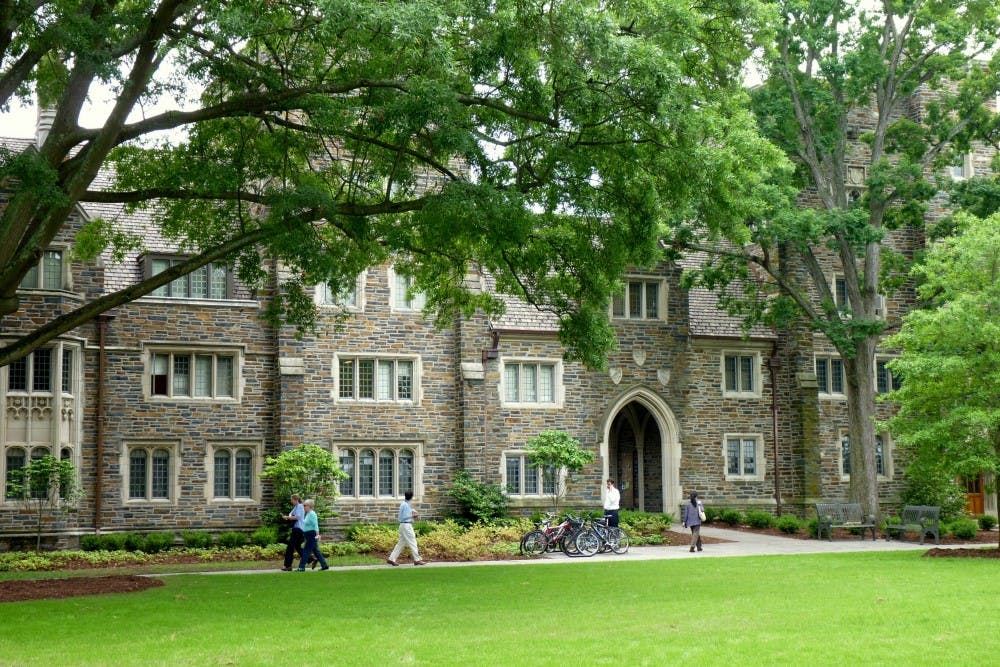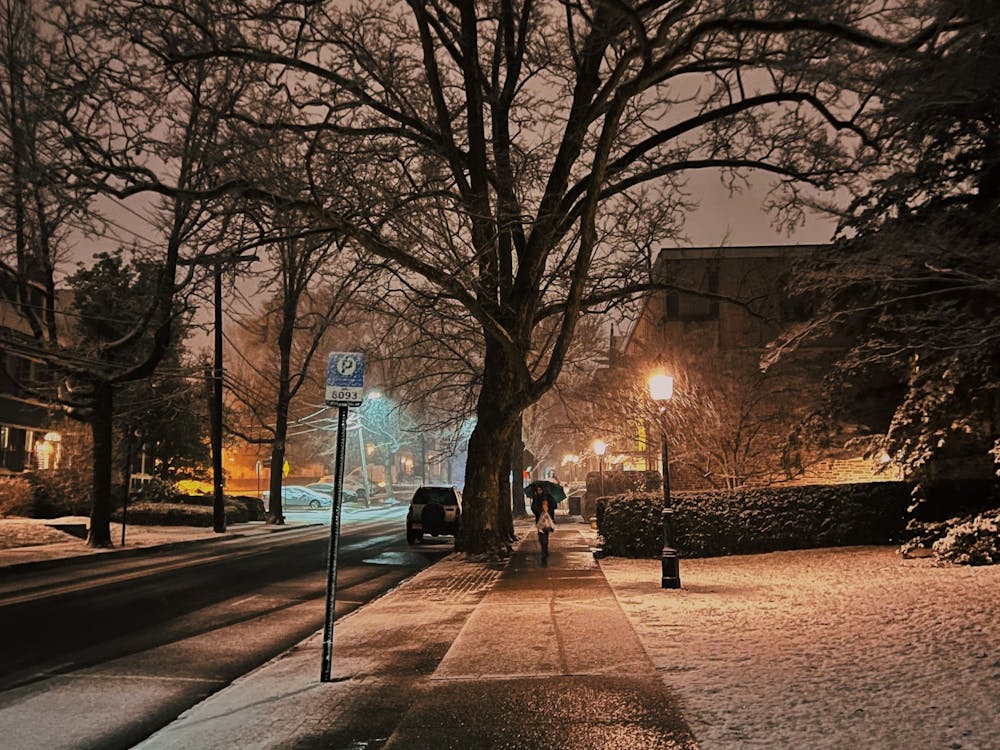Around a month ago, a Duke University professor sent out an email to her graduate students warning them not to speak Chinese on campus. In her email, she cautions that her colleagues were “disappointed that [the students] were not taking the opportunity to improve their English” and “being so impolite,” even though the conversations took place in the student lounge/study areas. Furthermore, she states that students who continued to do so would, as a result, receive fewer opportunities for internships and projects.
When I first read about this event, I was deeply saddened. This wasn’t just the opinion of one professor, but rather an entire culture of discrimination and xenophobia on another college campus. Though I’m not an international student, as someone who also speaks Chinese and is pursuing higher education, the incident hit close to home. I think (I hope?) that the same thing would not occur at Princeton, however, that’s not to say that Princeton doesn’t have problems of the same nature. Even though our situation may not be as extreme, Princeton too struggles with internalized xenophobia, and it’s important that we confront it.
Oftentimes, students will complain about the “Asian tourists” on campus. This has always made me feel slightly uncomfortable, though I was never really able to explain why until I connected it with the Duke incident. Although it’s perfectly valid to feel exasperation when there’s a mob of people in front of you as you’re trying to go to class, or frustration from the juxtaposition between their wonder and amazement at our campus while the sparkle you used to see may have faded, I wonder why it’s necessary to pick out the fact that they’re “Asian tourists” rather than simply tourists. Does their Asian-ness specifically add another layer of annoyance? Is it because they often don’t speak English while touring the University?
Another example, perhaps a more immediately accessible one, is the eating clubs. Most people will say that Colonial Club is the “most Asian” eating club and therefore is not diverse. The stigma that comes with the label of being “most Asian” unfortunately turns people away from signing into Colonial: on Real Talk Princeton, an anonymous question-and-answer site about all things Princeton, people have expressed uncertainty in joining the club because they’re not Asian. Though Colonial isn’t the only eating club that students hesitate to join because they don’t identify with a certain group, the crucial difference is those groups are largely based on extracurriculars, and not race. This is significant because extracurriculars are a choice, while ethnicity and background are not.
Furthermore, even those who do identify as Asian may hold back on joining Colonial for fear of being bound to such rigid labels and stigmas. This is something I personally resonate with — while I was considering upperclassmen eating options, I was wary of the possibility of people making assumptions about me purely based on my race and eating club. (Though I ultimately did sign in to Colonial anyway because my love for the club and its members outweighed those worries.)
It’s worthwhile to ponder whether all this comes from internalized xenophobia. When Asians hang out together, they’re criticized for being cliquey. If they speak a foreign language in public, they’re considered impolite. But rarely is this the case for white people. Besides, the term “Asian” itself is a huge catch-all which erases the individuality and uniqueness of different ethnicities and backgrounds, causing them to be lumped together and frequently viewed as the “other.” It is a reaction that stems from fear of being a minority with respect to Asians — one that comes from a lack of understanding. But this fear negatively affects everyone involved by creating distance and prejudice.
All this is to say, though we can be relieved that the Duke incident didn’t happen at the University, it doesn’t mean we don’t have problems of our own. If you look closely, there are still reflections of xenophobia. It is important that we confront them and become aware in order to enact change.
Siyang Liu is a sophomore from Princeton, N.J. She can be reached at siyangl@princeton.edu.








